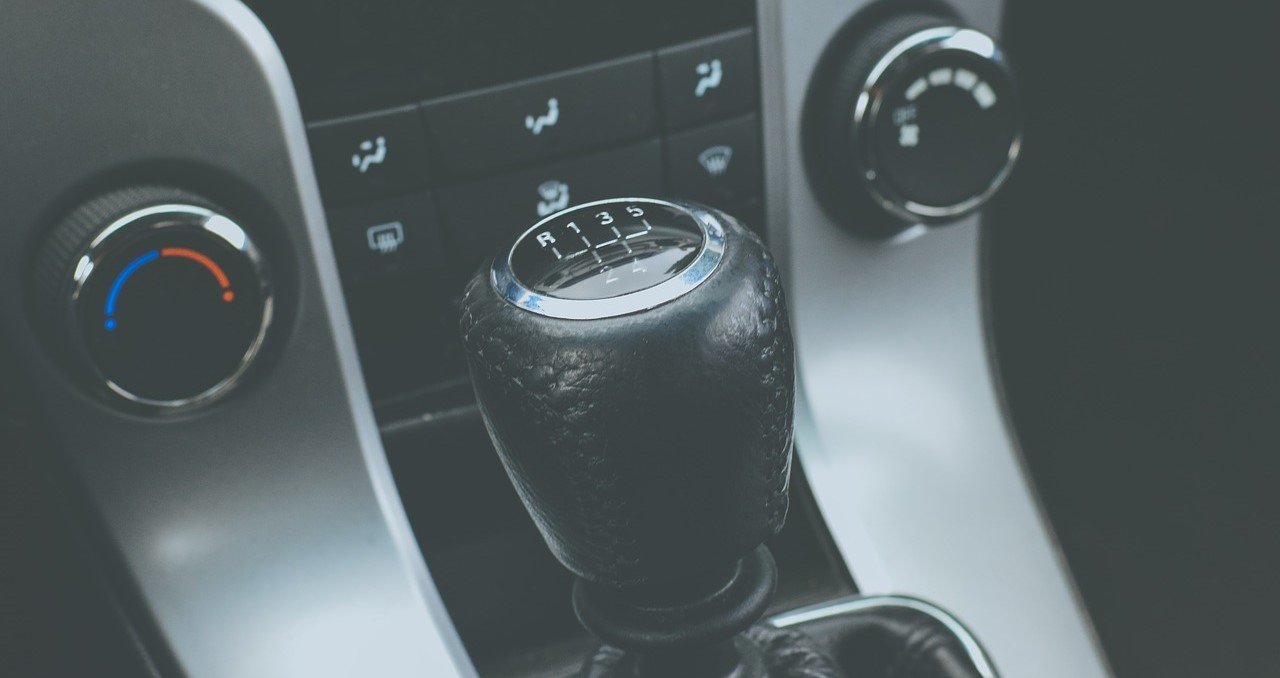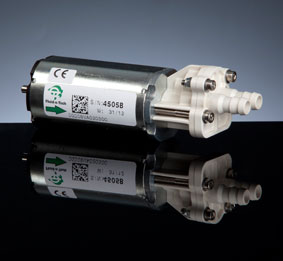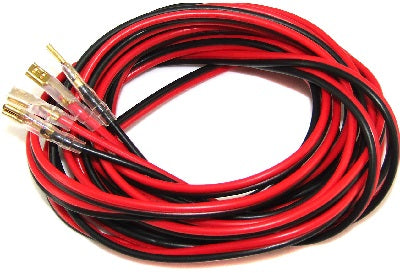Car Transmission Fluid Pumps The Unsung Heroes of Your Vehicle's Powertrain
The transmission is an essential component of a car's powertrain. It converts the rotational energy from the engine into the necessary torque to propel the vehicle forward. However, this process would not be possible without the help of the often-overlooked car transmission fluid pump. This small but mighty pump is responsible for keeping your transmission running smoothly and efficiently. In this article, we will delve into the world of car transmission fluid pumps and explore why they are crucial to the health and performance of your vehicle.
1. Understanding the Role of Car Transmission Fluid Pumps

What is a Car Transmission Fluid Pump?
A car transmission fluid pump, also known as the hydraulic pump, is a vital part of the automatic transmission system. Its primary function is to circulate transmission fluid throughout the transmission to keep all the moving parts well-lubricated and cool. This fluid acts as a lubricant, coolant, and hydraulic fluid, allowing the gears and clutches to shift smoothly and transfer power from the engine to the wheels.
How Does a Car Transmission Fluid Pump Work?
The pump is driven by the torque converter, which is connected to the engine via the flywheel. As the engine rotates, it causes the torque converter to spin, which, in turn, spins the transmission fluid pump. The pump creates suction, drawing transmission fluid from the transmission pan and pushing it through the filter and into the valve body. From there, the fluid is distributed to various components, such as the gear sets, clutches, and bands, to facilitate smooth shifting.
Importance of Maintaining a Healthy Transmission Fluid Pump
Just like any other mechanical component, the transmission fluid pump can wear out over time due to regular use. A damaged pump can cause a drop in fluid pressure, leading to transmission issues such as slipping gears, delayed or harsh shifting, and even complete transmission failure. Regular maintenance, including fluid changes and filter replacements, can help prolong the life of your car's transmission fluid pump and prevent costly repairs or replacements.
2. Signs of a Failing Car Transmission Fluid Pump

How to Identify a Damaged Car Transmission Fluid Pump?
The following signs may indicate that your car's transmission fluid pump is failing:
- Transmission overheating: If the pump is not circulating enough fluid, it can cause the transmission to overheat, leading to damage to other components.
- Low fluid level: A worn-out pump may not be able to maintain the proper fluid level in the transmission, resulting in low fluid levels.
- Whining noise: A damaged pump can emit a whining noise, especially when accelerating or decelerating.
- Leaking transmission fluid: If you notice red fluid pooling under your car, it could be a sign of a leaky transmission fluid pump.
- Erratic shifting: As the pump struggles to maintain fluid pressure, it can cause erratic shifting or difficulty in shifting gears.
What Causes a Car Transmission Fluid Pump to Fail?
Several factors can lead to the failure of a car transmission fluid pump, including:
- Lack of maintenance: Not adhering to the recommended fluid change intervals can result in increased wear and tear on the pump.
- Contaminated fluid: Dirty or contaminated fluid can clog the pump and reduce its efficiency.
- Overheating: High temperatures can cause the pump to wear out faster than usual.
- Mechanical damage: The pump's internal components can get damaged due to debris or metal shavings from other transmission parts.
- Age: As with any mechanical component, the transmission fluid pump can wear out over time due to regular use.
3. Types of Car Transmission Fluid Pumps

Differences Between Gear and Vane Pumps
There are two main types of car transmission fluid pumps: gear and vane pumps. Let's take a closer look at the differences between these two types:
- Gear pumps: These pumps use two interlocking gears to create suction and move fluid through the system. They are simple in design, reliable, and can handle high pressure.
- Vane pumps: Vane pumps use vanes that are pushed outward by centrifugal force to create suction. They are more efficient and quieter than gear pumps but may not be able to handle high pressure as well.
Pros and Cons of Each Type of Pump
Both gear and vane pumps have their advantages and disadvantages. Here's a quick breakdown:
| Gear Pumps | Vane Pumps | |
|---|---|---|
| Pros | - Simple design - Reliable - Can handle high pressure | - Efficient - Quiet - Smoother operation |
| Cons | - Noisy - May not be suitable for high-performance vehicles - Require frequent maintenance | - Expensive - May not handle high pressure well - Limited availability |
4. How to Maintain Your Car Transmission Fluid Pump
Tips for Maintaining a Healthy Transmission Fluid Pump
Proper maintenance is key to keeping your car's transmission fluid pump functioning correctly. Here are some tips to help you maintain a healthy pump:
- Regularly check your transmission fluid level and condition. If it appears dirty or has a burnt smell, it may be time for a fluid change.
- Follow the manufacturer's recommended fluid change intervals. This will ensure that the fluid remains clean and free of debris.
- Replace your transmission filter at least every 30,000 miles, or as recommended by the manufacturer.
- Avoid towing heavy loads, racing, or other activities that put excessive strain on the transmission.
- Keep your transmission cool by ensuring that the cooling system is working correctly and avoid driving in extreme heat conditions.
5. FAQs About Car Transmission Fluid Pumps
Q1: Can a Failing Transmission Fluid Pump Cause Engine Damage?
A: Yes, if the pump fails to circulate enough fluid, it can result in overheating, which can cause damage to the engine.
Q2: How Often Should I Change My Transmission Fluid?
A: It depends on your car's make and model, but most manufacturers recommend changing the fluid every 30,000 to 60,000 miles.
Q3: Is a Whining Noise Always a Sign of a Failing Transmission Fluid Pump?
A: Not necessarily. A whining noise can also be caused by low transmission fluid levels or damaged gears.
Q4: Can I Replace the Transmission Fluid Pump Myself?
A: Unless you have experience and knowledge of transmission systems, it is best to leave this job to a trained mechanic.
Q5: How Much Does It Cost to Replace a Car Transmission Fluid Pump?
A: The cost of replacing a transmission fluid pump can vary depending on the make and model of your vehicle, but it can range from $200 to $600.
Conclusion
The car transmission fluid pump may seem like a small and insignificant component, but it plays a crucial role in keeping your vehicle running smoothly. Regular maintenance and proper care are essential to ensure that this unsung hero of the powertrain continues to do its job efficiently. By understanding the signs of a failing pump and following the tips for maintenance, you can keep your transmission fluid pump healthy and extend its lifespan, saving you both time and money in the long run. So, next time you drive your car, remember to thank the transmission fluid pump for its silent yet significant contribution to your vehicle's performance.



